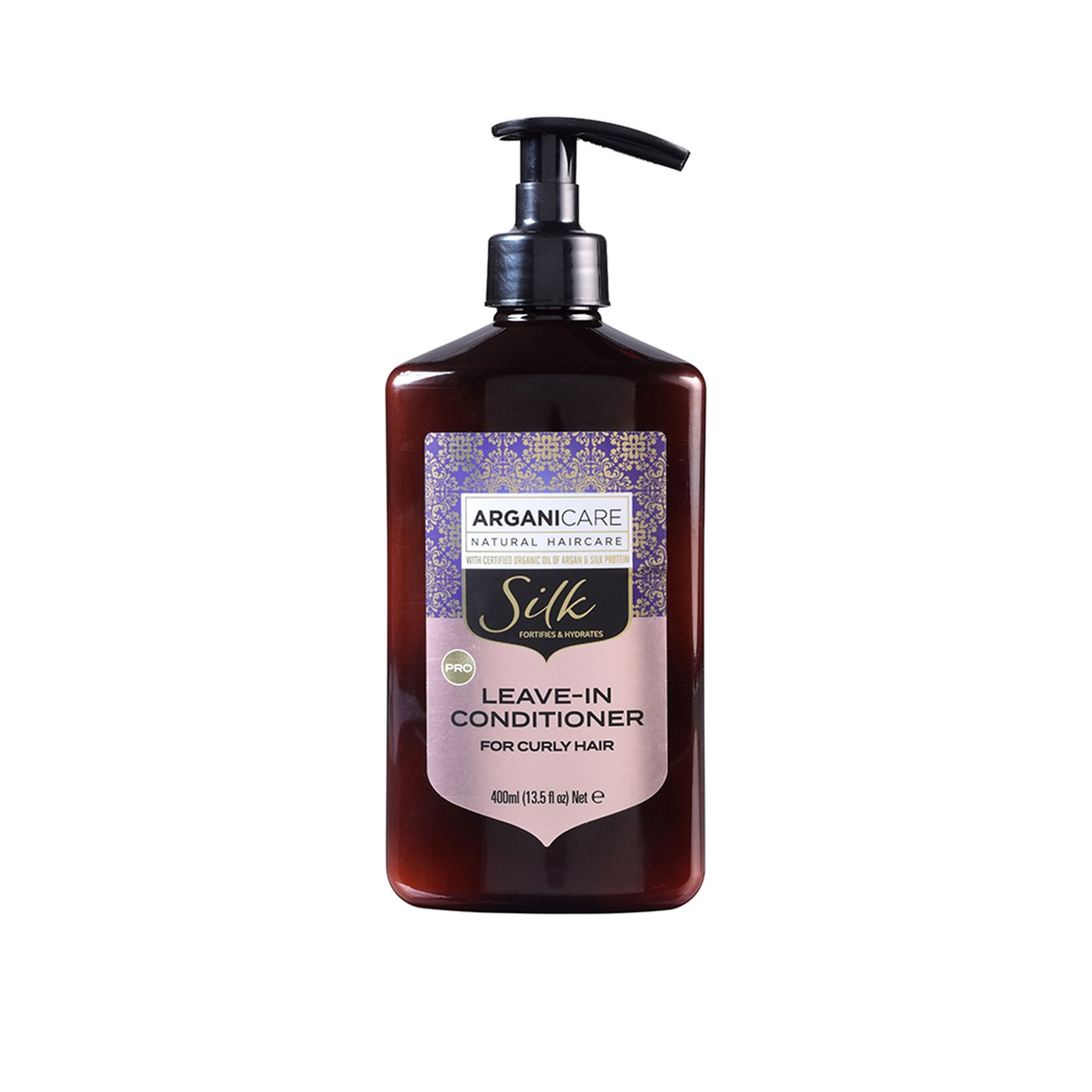
Arganicare Hydrating Macadamia Leave in Conditioner for Dry and Damaged Hair Enriched with Organic Argan Oil and Macadamia Oil (13.5 Fluid Ounce) by Arganicare : Amazon.it: Bellezza

Arganicare Argan Oil Leave In Conditioner for Dry & Damaged Hair (13.5 oz.) by Arganicare : Amazon.it: Bellezza

Arganicare Keratin Leave-in Conditioner For Dry Hair - Condizionante leave-in per capelli secchi con cheratina | Makeup.it

Amazon.com : Arganicare Leave in Conditioner for Curly Hair Enriched with Organic Argan Oil and Shea Butter (13.5 Fluid Ounce) : Beauty & Personal Care

Arganicare Macadamia Leave-in Conditioner - Condizionante per capelli secchi e danneggiati, senza risciacquo | Makeup.it

Amazon.com : Arganicare Hydrating Macadamia Leave in Conditioner for Curly Hair Enriched with Organic Argan Oil and Macadamia Oil (13.5 Fluid Ounce) : Beauty & Personal Care

Arganicare Argan Oil Leave In Conditioner for Dry & Damaged Hair (13.5 oz.) by Arganicare : Amazon.it: Bellezza

Arganicare Argan Oil Leave In Conditioner for Dry & Damaged Hair (13.5 oz.) by Arganicare : Amazon.it: Bellezza

Arganicare Keratin Leave-in Conditioner For Curly Hair - Balsamo leave-in con cheratina per capelli ricci | Makeup.it

Arganicare Argan Oil Leave In Conditioner for Dry & Damaged Hair (13.5 oz.) by Arganicare : Amazon.it: Bellezza

Arganicare Argan Oil Leave In Conditioner for Dry & Damaged Hair (13.5 oz.) by Arganicare : Amazon.it: Bellezza

Arganicare Leave in Conditioner for Dry & Damaged Hair Enriched with Organic Argan Oil. 13.5 fl. Oz. Reviews 2023

Arganicare Keratin Leave-in Conditioner For Curly Hair - Balsamo leave-in con cheratina per capelli ricci | Makeup.it

Arganicare Silk Restructuring Conditioner - Condizionante rigenerante con proteine della seta | Makeup.it










